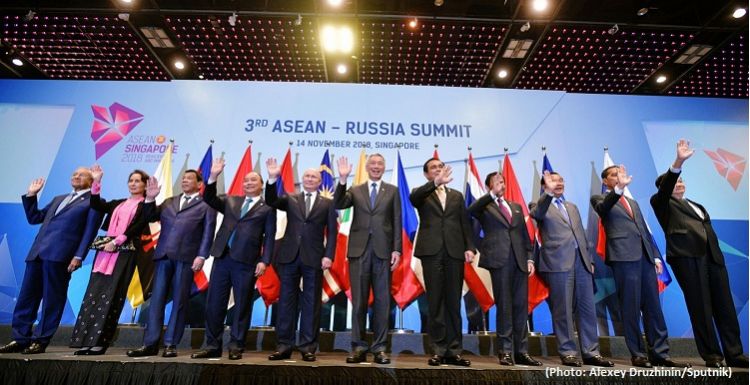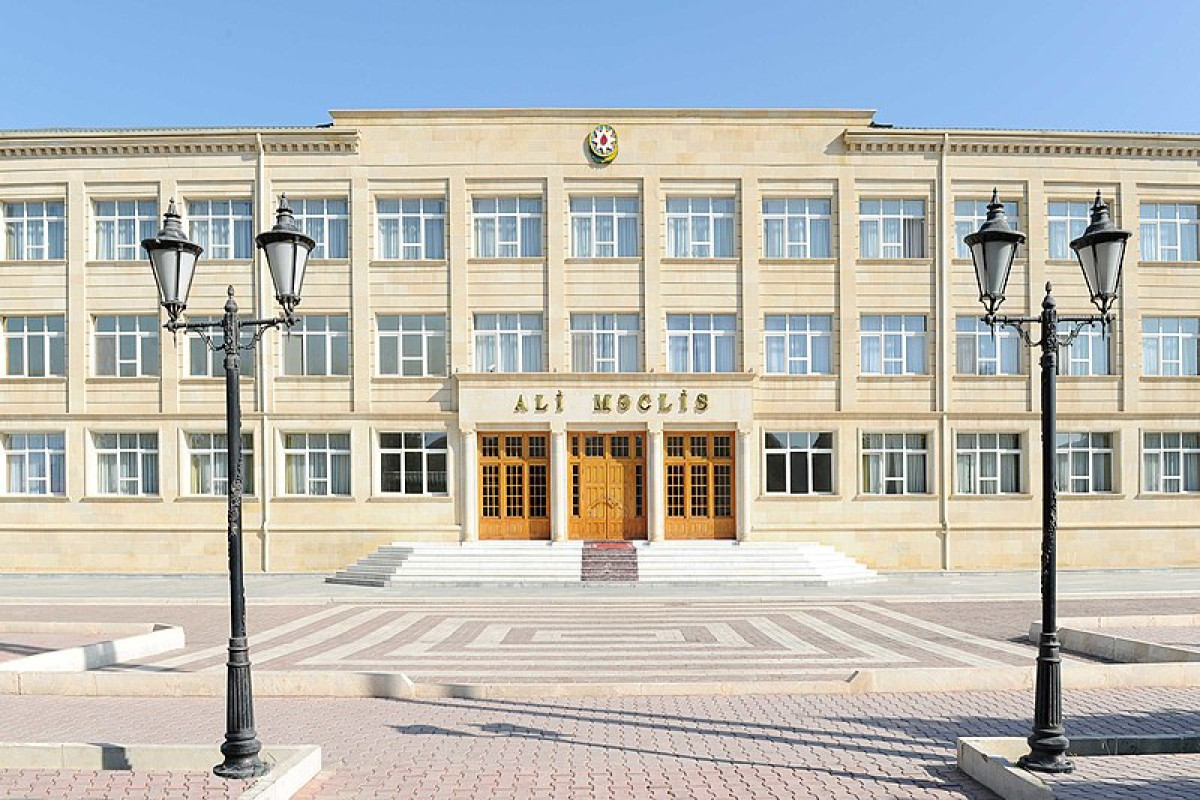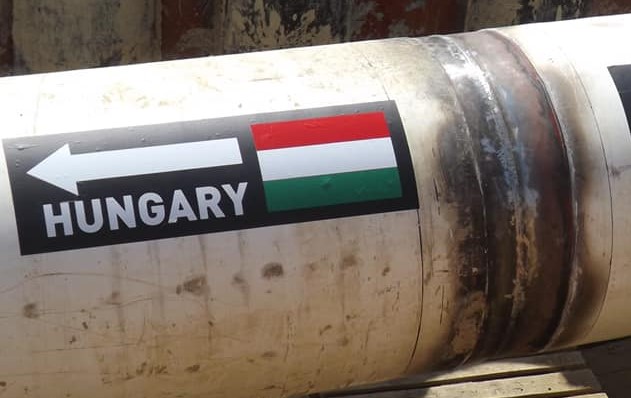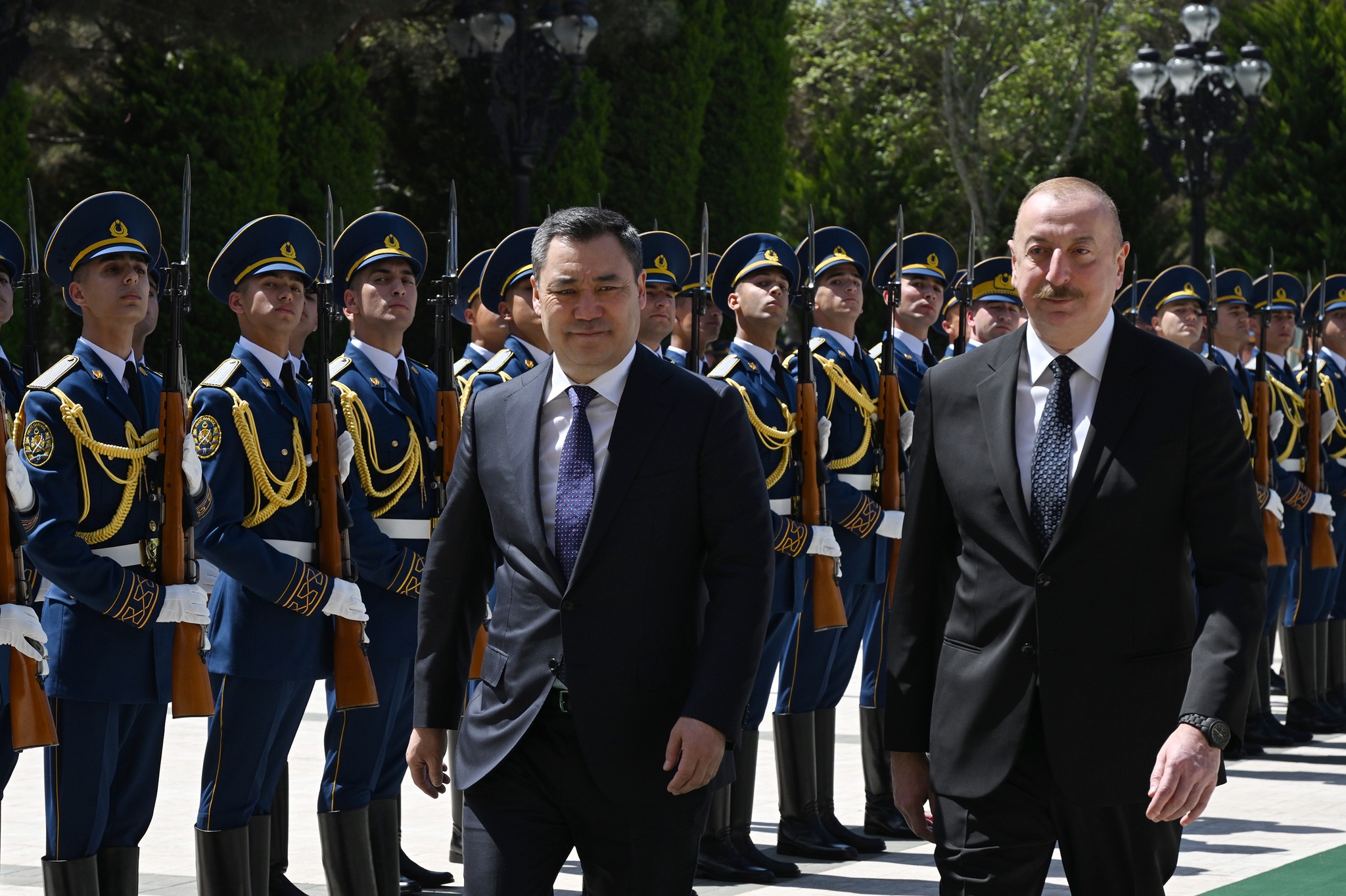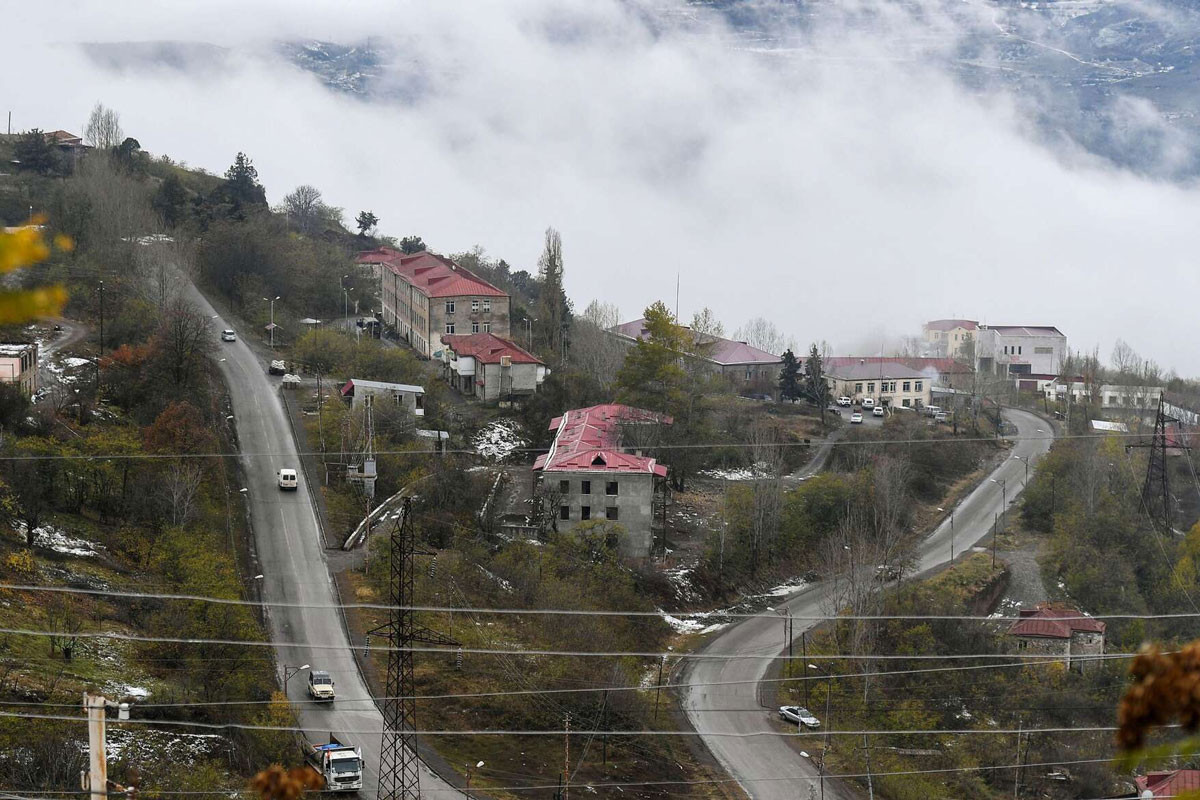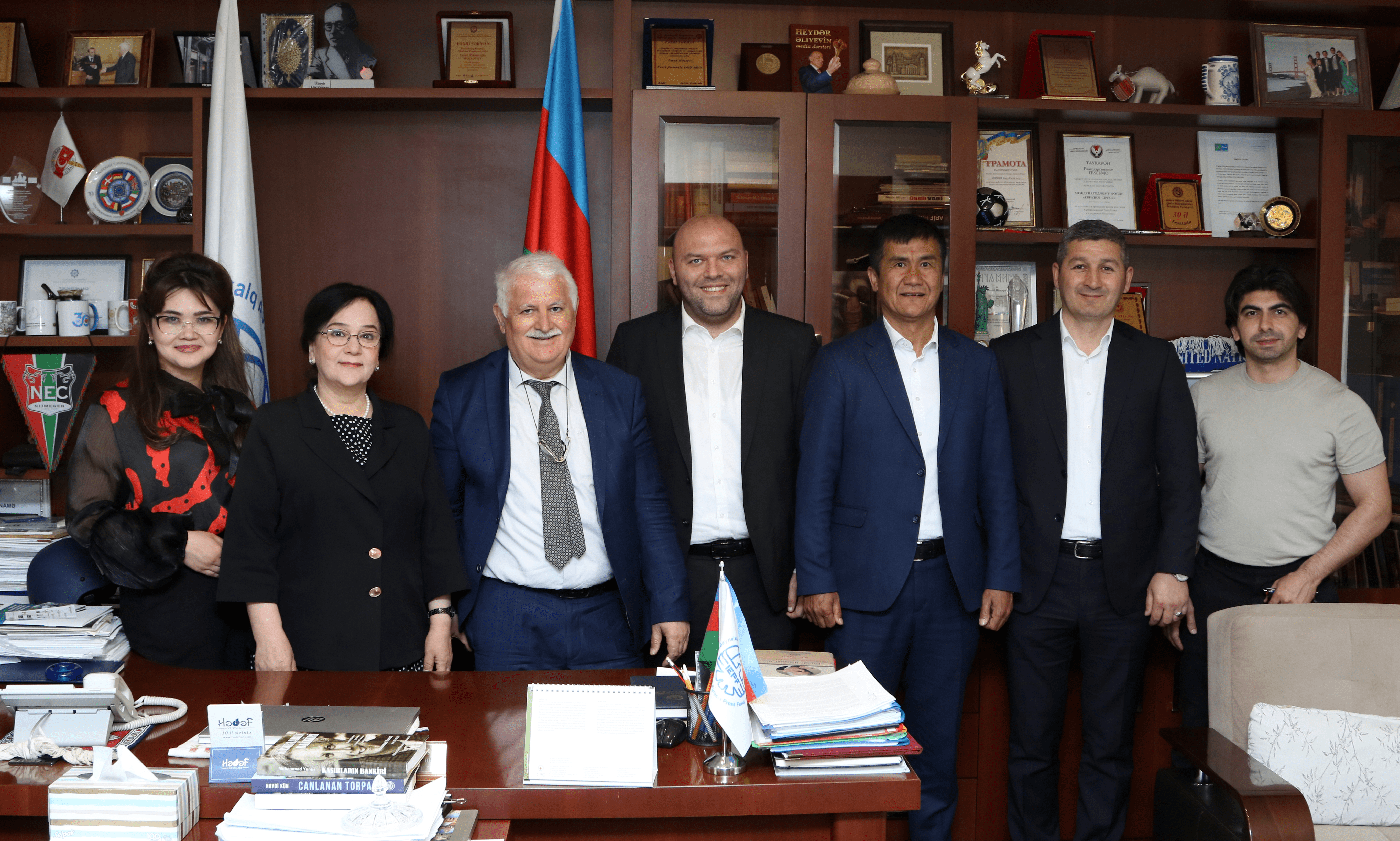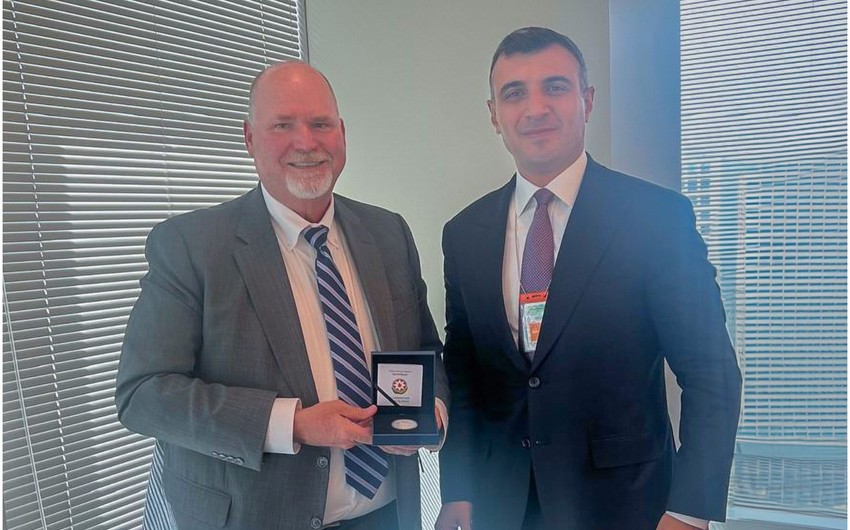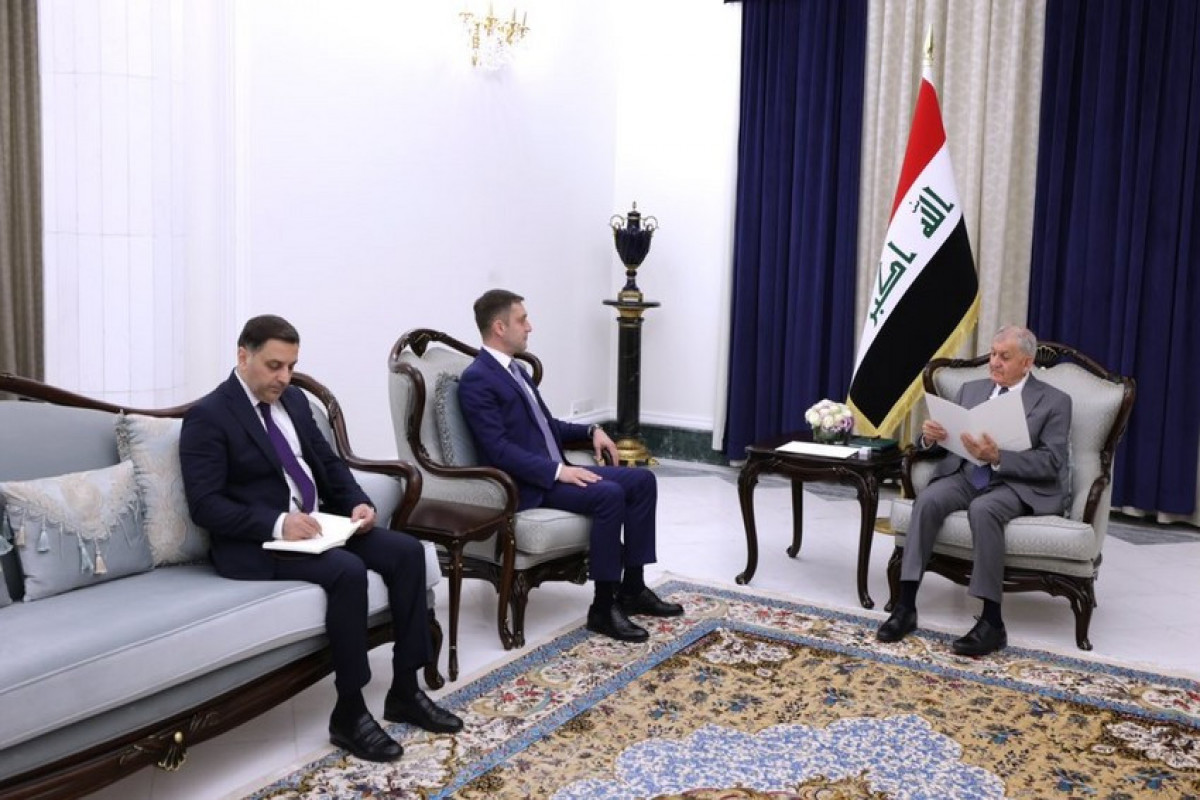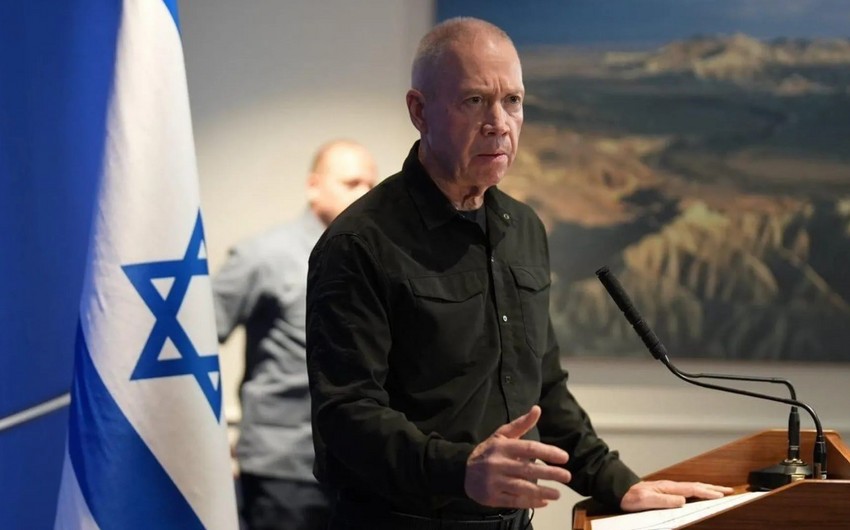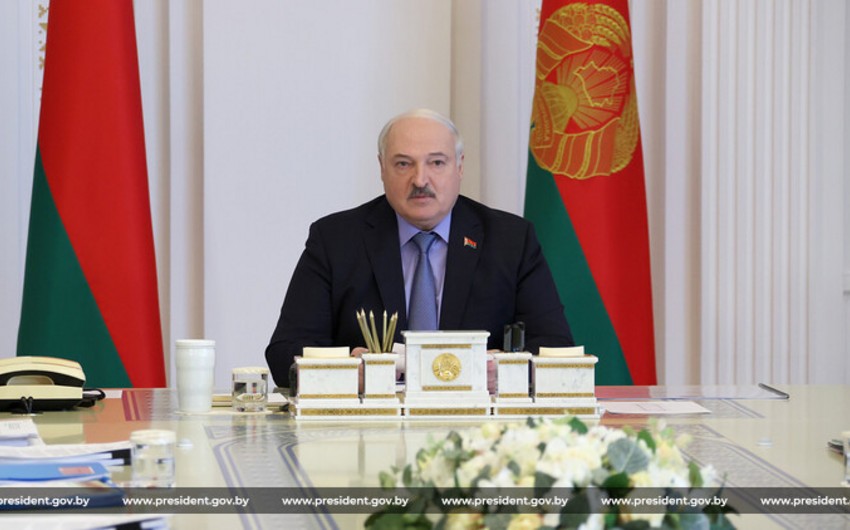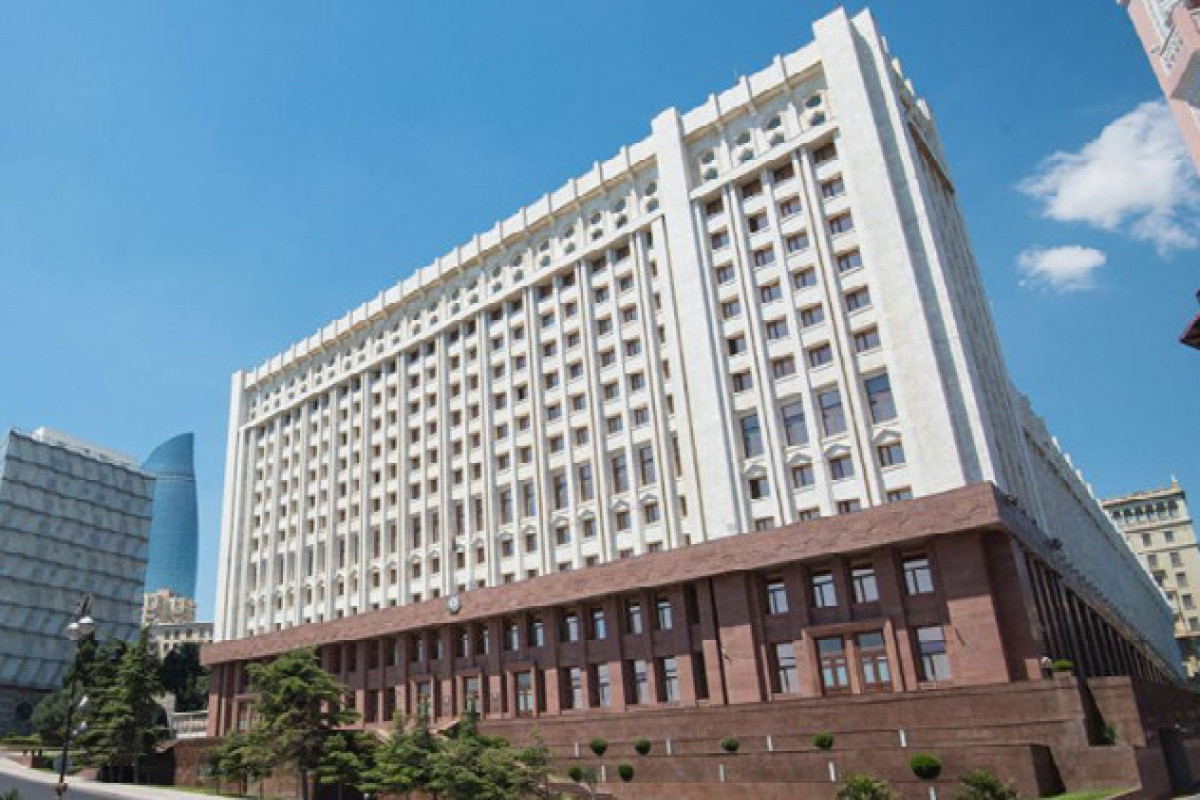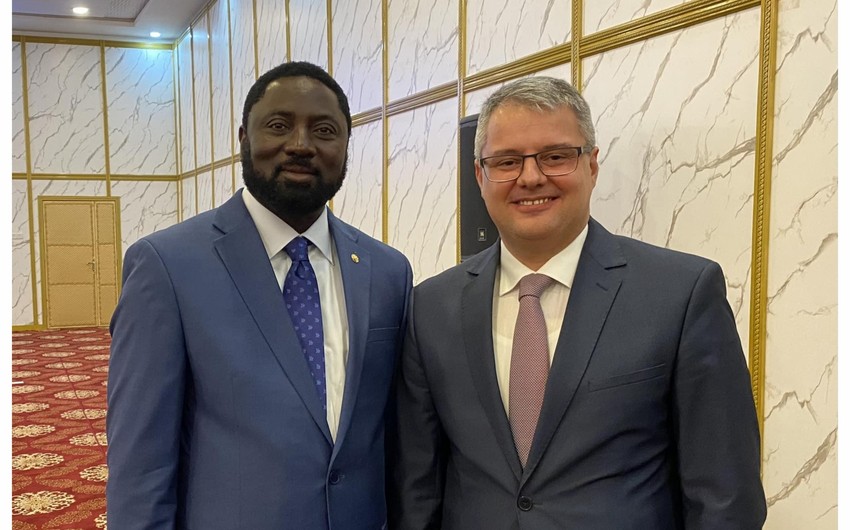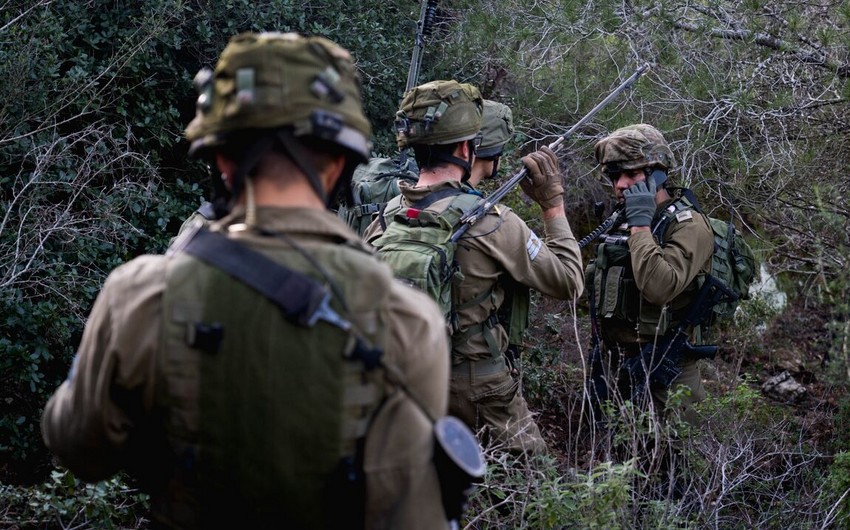New technology is changing the world before our very eyes, creating a new economic, political, and military reality. The rapid growth of Asia’s economic potential leads to a significant increase in Asian countries’ political weight and military capabilities. They become full-fledged and independent players on the world stage, writes Andrei Bezrukov, a speaker at a panel session of the Valdai Club’s Russian-Vietnamese conference, International Cooperation in a Troubled World.
At the same time, the recent crisis of the global system established half a century ago, the weakening of international regulatory mechanisms, the changing balance of forces, including the decline of America’s global domination – these developments are accompanied by strategic instability together with uncertainty that cause tension and spur on an arms race in Asia.
In a short time, the United States turned from a guarantor of stability in the region into the main force interested in destabilizing Asia, in playing off its potential competitors against each other, in creating crises that distract them from peaceful development and mutually beneficial cooperation. Especially noticeable are the growing confrontational trends in regard to China, as America seems to view that country’s rapid gaining of economic weight and political influence the main strategic challenge.
While the region’s countries debate the ways of its further development, the West is intensifying attempts to impose its vision of Asia’s future on them. One way or another, Western concepts confront the continental and coastal states, divide the region into warring groups, and link its mutually complementary parts to the selfish interests of external players. This policy is pushing Asia toward the outdated ‘containment’ logic and potentially towards war.
Each of the region’s countries is developing a strong national business sector, urban middle class as well as a growing political and national identity; this inevitably pushes their domestic political rivalry and international relations to the public space, often giving rise to extremist movements and destabilization risks.
All this is happening amid deep technological changes. The digital space is rapidly evolving from the humanity’s common asset into an arena for economic and political rivalry, and potentially a new battlefield. The United States initiated so-called technological fencing, meaning that the dominant powers, together with their global corporations, use technology monopolies to impose their interests, clear their markets from technological competitors, and try to curb the technological development of other countries, to impose their solutions on them.
Digital technology creates new ways to influence society, including from the outside. Along with the global communications potential, social networks and artificial intelligence-based technology such as deep fakes can be another tool to destabilize “undesirable regimes” and put pressure on rivals.
The dominance of foreign technological monopolies in other countries’ critical infrastructure, especially in the context of the development of cyber warfare, may lead to a new colonial dependence. Protecting ones’ digital sovereignty and independence in key systems and technologies becomes a serious problem.
So what can Russia offer Asia in this complex, unstable world?
First of all, the main benefit is supporting peace and stability, creating a common space for cooperation that can stop the processes of economic disengagement, destabilization, and the region’s disintegration into competing blocs.
In this regard, it is important to consolidate efforts to build the Greater Eurasian Partnership, which, unlike the projects imposed by the West, is aimed at unifying rather than dividing Asia. Economic, political and humanitarian cooperation, joint security efforts and the creation of new mutually acceptable rules of the game in the new world are the only way of development amid the increasing instability and multipolarity.
Second, due to the technology partnership with Russia, Asian countries will be able to ensure their digital sovereignty and security of their new critical infrastructure. Russia can offer Asian countries technological alliances that do not require them to pick a geopolitical “patron,” but will develop advanced competences within the countries of the region.
The area of scientific, technological and educational cooperation is one of the most promising for Russia’s future relations with Asian countries. An example of such cooperation is the projected Center for Russian Technologies in Hanoi, which is being created in cooperation with Vietnam National University. The center will become a permanent platform for science and technology cooperation between Russian and Vietnamese companies and universities in the field of cybersecurity, IT and critical infrastructure, as well as a center for training Vietnamese personnel in this important strategic field. In January 2019, a Memorandum of Intent on establishing the center was signed between Vietnam National University and the Russian Association for the Export of Technological Sovereignty.
Andrey Bezrukov - Associate Professor, Moscow State Institute of International Relations of the MFA of Russia (MGIMO)

